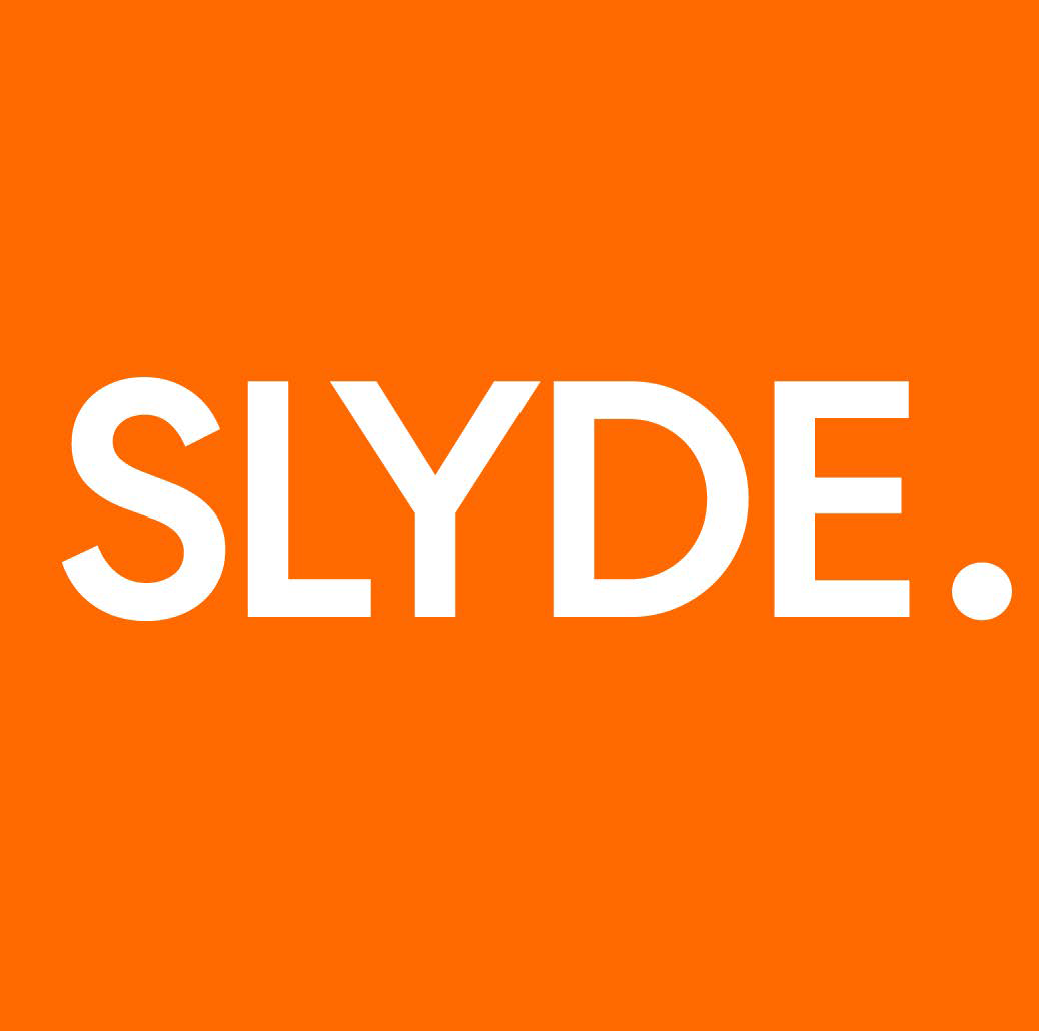New Ways of Working- Old School Sensibilities
Office design trends that began to percolate over the past few years are now coming to the forefront as we get closer to re-occupying our office spaces later in 2021. One in particular that seems to be getting a lot of attention is a rapid shift to 100 percent non-assigned desk offices spaces.
Agile offices are not new. Accounting firms, banks and consulting firms tried (unsuccessfully) to adopt "hot desking" in the late 1990s and failed.. We still had CPU's and giant monitors back then. Regus built co-working spaces, many of them hot desks, around the country only to file bankruptcy in 2003 after the dot com bubble. It seemed as if hot desking was a concept whose time would never come.
Five years ago Wework reignited the concept by making working from your laptop cool. A hot desk is not as sparse if it comes with beautiful leather couches, luxurious cafes and dining areas to work in. Companies soon followed and designed spaces with a focus on spontaneous collaboration. Employees were no longer chained to their desks, in fact they were encouraged to leave them. Spaces were designed to promote movement and interaction. In many cases, desks shrunk to as small as four foot wide and storage at desks was eliminated altogether. Companies enforced clean desk policies where all personal items needed to be removed from desks at the end of the work day.
But this trend, despite beautifully designed, campus type office spaces was not all that well received. Articles like "the hidden hell of hot-desking is much worse than you think" decried the "agile" office as corporate jargon for cash grab. Leaving a personal picture on a desk as"sign of encampment" and this article in Forbes "How Hot-Desking Will Kill Your Company" speaks for itself. In fact, I can't think of a single mainstream article that considered the benefits (and there are many) of the agile office.
The truth as it almost always is, lies somewhere in the middle. Sensationalist headlines get clicks and the rapidly changing office was not immune. But the truth is that the way people work has changed, and often there is a generational gap. Millennials are often more comfortable working in a coffee shop on a laptop, and most boomers prefer their own desk. Facing facts, companies are primarily interested in attracting young talent and they will change work styles and office cultures to attract the best and the brightest. It doesn't matter if that's remote work, non assigned desk office, around the clock gym access, or whatever. If it helps companies gain an edge of attracting talent, that's how work will change. By Summer, God willing, most will be vaccinated and will long for the normalcy of the social environment that is an office.
There is no crystal ball. Companies have invested billions of dollars into predicting the future of office spaces and come up wrong. I'm in the camp of millions of years of evolution. We are social and territorial beings. We feel depressed when isolated, and anxious when denied privacy. We do our best when offered choice, and with motivation and inspiration we create. Ideas that flicker while on a morning run, ignite when shared with colleagues in person. There is nothing spontaneous about setting up a zoom call to discuss an idea. Yes, it could happen on a slack channel but would anyone deny the collective energy that occurs when bright people are in the same room?
My hope is that companies create spaces that are flexible enough to adapt and change as quickly as ideas flow. That within those spaces, even if you don't have your own desk that you feel welcome (sort of like visiting your favorite family restaurant). It is within the realm of possibility for spaces to accommodate for "new ways of working", while keeping old school sensibilities.
At Slyde Innovations, we offer just that, and hope you will enjoy outfitting your workplace with our agile office furniture from Slyde Innovations

